Non-fungible tokens or NFTs are seeing the evolution of their industry after the initial phase of art collectibles alone entering several new domains and fields.
Although art and marketplace are categories that create most of the overall business of NFTs, many modern projects are being built based on the potential of NFTs for other industries like gaming, real estate and supply chains. This is especially proven, in the gaming industry, which has been one of the most promising areas for the growth of NFTs.
Some companies, especially game producers, have been adopting use of NFTs in their games which actually empowers users to own or even be able to earn crypto currencies from game assets. This “play-to-earn” model has reeled in massive attention, especially in developing countries where it is now considered somewhat sustainable method of earning for some players.
There is also integrating NFTs into virtual worlds and metaverse projects providing new opportunities in digital ownership and trading. In the real estate industry, NFT seeks to digitize the property assets and transform the modalities of how businesses in the sector are done.
Through tokenization of properties through a smart contract, property ownership is broken down and can be owned in smaller parts than physical ownership thus bringing property investment available widely to a larger market. It also has positive implications in that it would mean that the title transfer process is made easier to eliminate the middlemen in conveyancing transactions.
Music industry is another field that has gradually started using NFTs; artists use them to provide their fans with an opportunity to gain access to new and special content. By moving into various album drops, concerts tickets, among others, NFTs are giving artists opportunities to engage with their fans and make money directly.
This trend is capable of upsetting the conventional benchmarks of the music industry to the benefit of the independent artists. This is among the areas where fashion and luxury brands are applying NFT to facilitate the check of the authenticity of the products and fight Again counterfeit products. When objectifying the tangible goods, brands can offer the consumers a possibility of obtaining an indubitable digital voucher.
This has a great possibility of transforming supply chain and product authentication across industries that it is applied to. The sports industry has also learned how to profit off of NFTs with many teams and leagues selling digital assets and memorabilia.
Depending on the series, these NFT tokens come with bonuses, like chatting with athletes or attending premium sports events, thus combining virtual and material assets. With constant development in the NFT market, we are observing more complex and useful projects in the market.
For instance, some of the NFTs are being applied to act as tokens that create access to certain groups or services. This approach is developing new templates for virtual communities and subscription-based economy. It has also led to debates on the sustainability of NFT market through concerns related to the efficiency of the blockchain market.
To such concerns, many projects are now looking at developing new more energy-efficient blockchain or are engaging in carbon offset programmes. With these applications and use cases, there is no doubt that NFTs are more than just art pieces in a digital medium and as the utilization of NFTs cab be seen expanding to many other sectors the coming years might unveil more primitive ownership, authenticity and value attributes of digital assets.

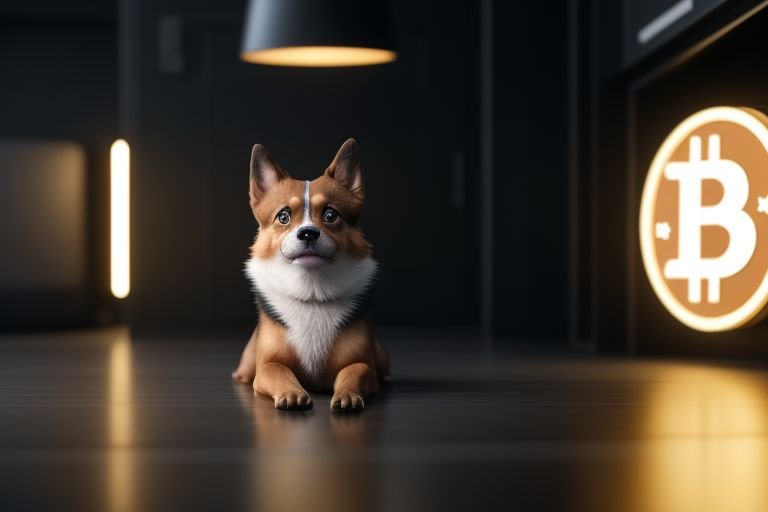
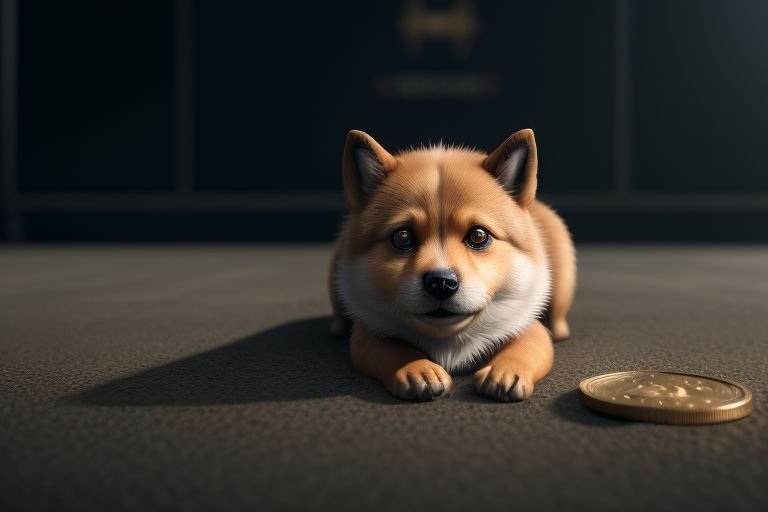
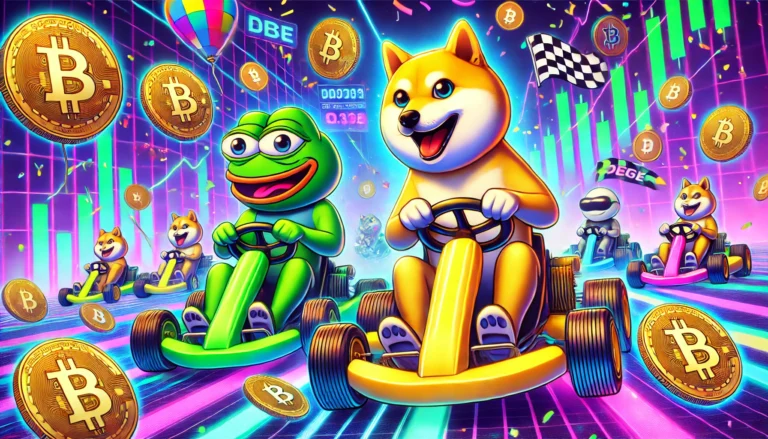



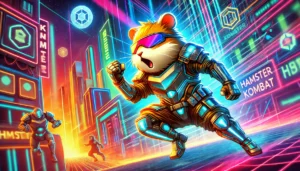

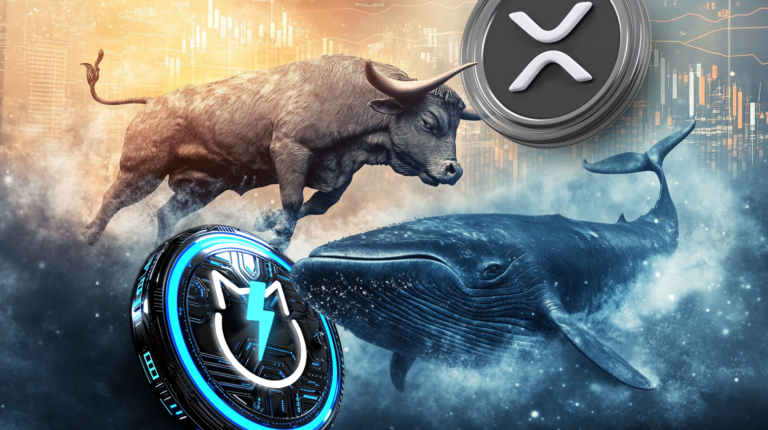
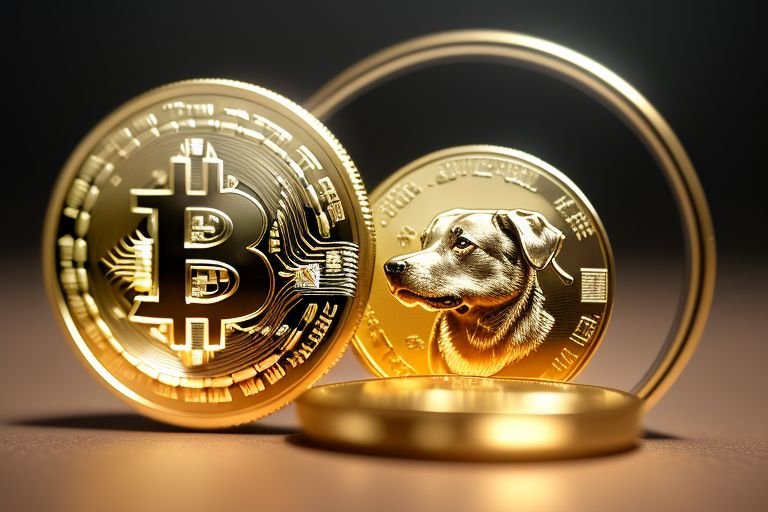
+ There are no comments
Add yours